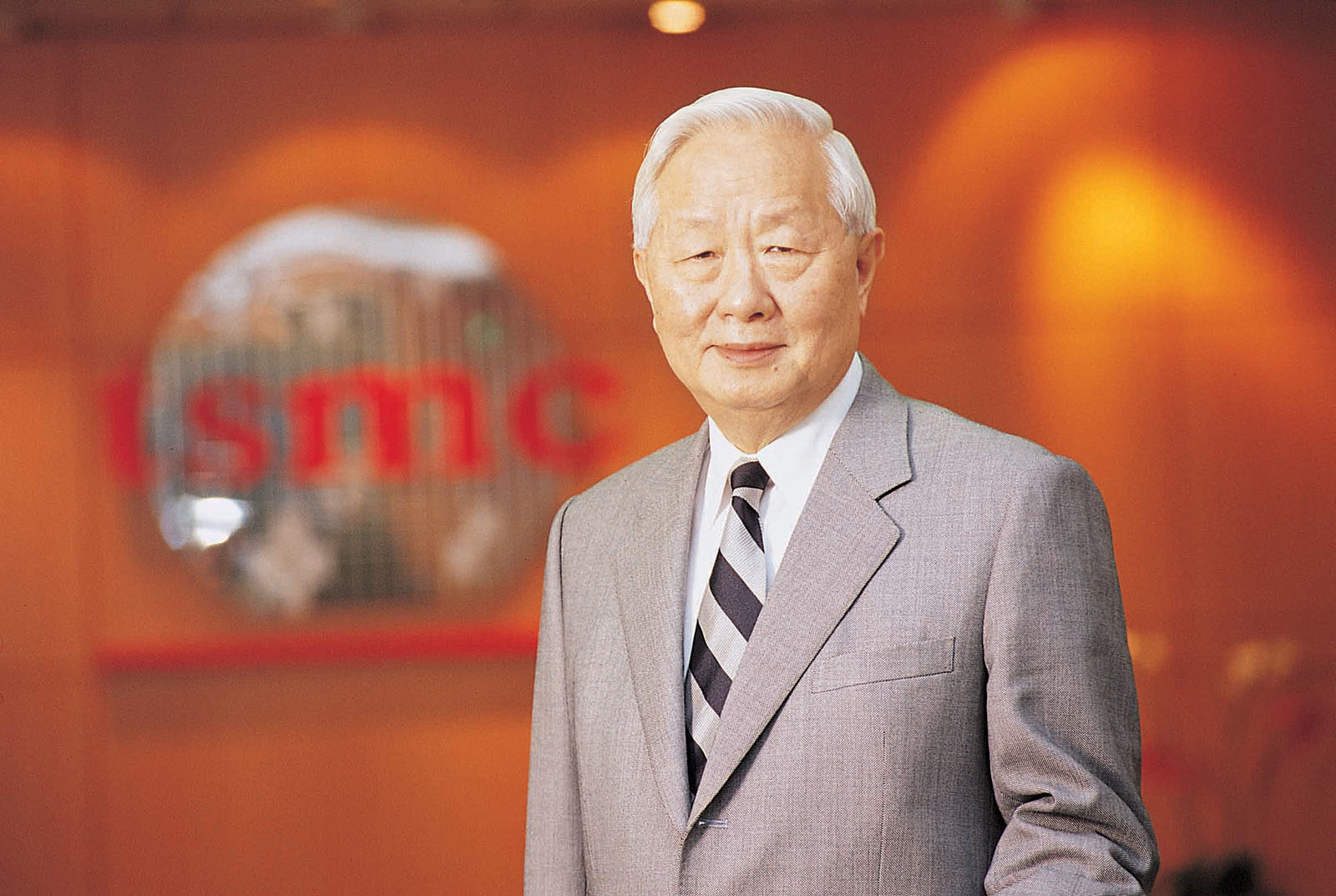Morris Chang, the founder of TSMC, who will be 91 in the summer, was interviewed by Brookings. He spoke, among other things, about the differences in semiconductor production in Taiwan and the United States. Chang belongs to a generation that doesn’t deal with political correctness much, but rather tries to call things by their real names. It is therefore not surprising that he was probably the first important figure in the semiconductor industry to formulate what is a public secret.
For the sake of context, the administration of the previous US President Donald Trump aimed to stop the decline in semiconductor production in the US. One of the steps was to persuade TSMC to build a factory in Arizona. The current management of the TSMC (Chang announced retirement in 2017) initially resisted, but eventually accepted the idea. With a rather strange comment that he will not build the factory due to a request from the USA, but because customers want it.
In the current interview, Chang made no secret of the fact that he did not consider the construction of a factory or semiconductor production in the USA to be a good idea. I see the problem mainly in the absence of a suitable workforce, both in terms of skills and willingness to work in three shifts. He pointed out that a factory that does not run non-stop is very inefficient (“unnecessary and costly waste”) and the result is chips that are 50% more expensive than if they were made in Taiwan. He believes that the United States will not achieve self-sufficiency or international competitiveness in the semiconductor industry. In his opinion, the TSMC factory on US soil would only make sense if China started a war with Taiwan.
The former head of the TSMC further stated that, on the contrary, Taiwan lacks people capable of designing chips, in which America is again ahead.
–


